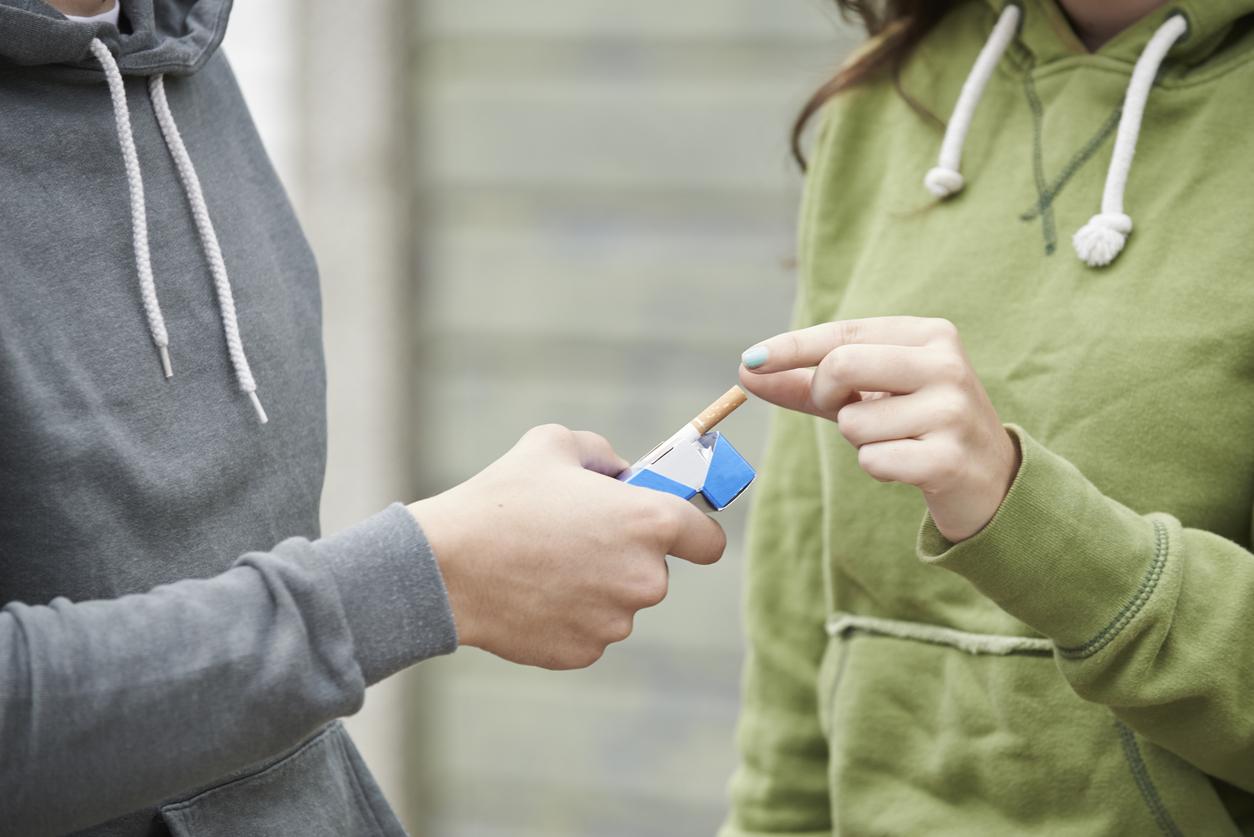Gratitude is an effective tool to reduce smokers’ cravings for cigarettes and encourage them to enroll in smoking cessation programs, a new study finds.

- Evoking feelings of gratitude in smokers helps reduce their urge to smoke and increases their chances of enrolling in a smoking cessation program.
- In contrast, evoking sadness increases the desire to smoke, the researchers found.
- The team advocates the use of positive emotions, and particularly gratitude, in tobacco prevention messages.
Smoking remains the leading preventable cause of premature death. Despite being aware of this fact, smokers have a hard time quitting. According to a Harvard University study, published in the journal Proceedings of the National Academy of Science (PNAS)gratitude can reduce their urge to smoke and increase their chances of enrolling in a program to quit their tobacco addiction.
Addiction: More adherence to smoking cessation programs with gratitude
Looking at all the studies that have been conducted on smoking and the link between emotions and risky behaviors in recent years, the researchers found that evoking a feeling of gratitude was associated with lower rates of smoking behavior. This emotion also led to a higher rate of adherence to online smoking cessation programs.
“Nationally representative surveys in the United States and a global sample have found that higher levels of gratitude are correlated with a lower likelihood of smoking, even after controlling for other known factors in smoking. Experimental studies have further demonstrated causality.”note the authors in their communicated.
While gratitude had an impact on adult smokers, compassion and sadness had no beneficial effects on their bad habit, according to the scientists. In fact, the opposite was true for sadness. Previous research by the team had shown that this negative emotion actually increased the desire to smoke.
“The conventional wisdom in this field has been to elicit negative emotions in anti-smoking campaigns. Our work suggests that such campaigns should consider inducing gratitude, a positive emotion that triggers cascading positive effects.”concludes lead researcher Ke Wang.
Anti-smoking campaign: gratitude must be at the heart of the messages
Why does gratitude seem to be the most effective tool against addiction? Researchers put forward a hypothesis: “Unlike other positive emotions (e.g., happiness, compassion, and hope), gratitude has the ability to make people less inclined to immediate gratification and more focused on long-term relationships and health.”
Noting that most anti-smoking campaigns rely primarily on sympathy, sadness and compassion (three emotions that have been shown to be less effective in reducing smoking behavior), the researchers believe that governments would do well to rethink their communications.
To get “greater impact on reducing smoking rates and other health risk behaviors”the team recommends developing messages that more effectively induce gratitude.
“Compared to the amount of money tobacco companies spend on advertising, public health campaigns have paltry budgets. They need to make the most of every dollar.”according to Professor Jennifer Lerner. “The theoretical and empirically tested framework presented here will hopefully help public health officials design more effective public media campaigns across a broad range of risk behaviors that have underlying emotional components.”


















